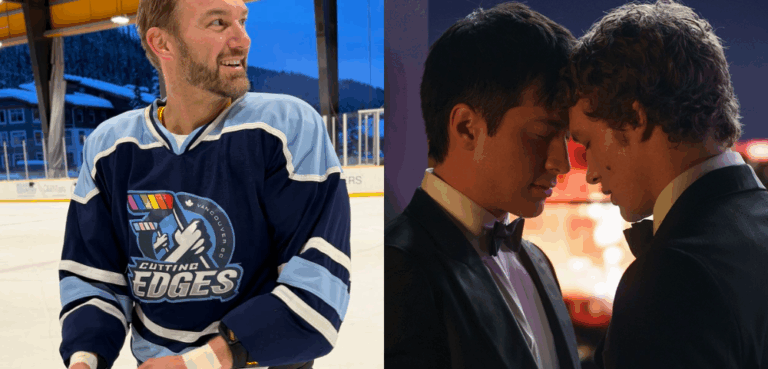
Closet Case: Kerryn Phelps & Jackie Stricker-Phelps
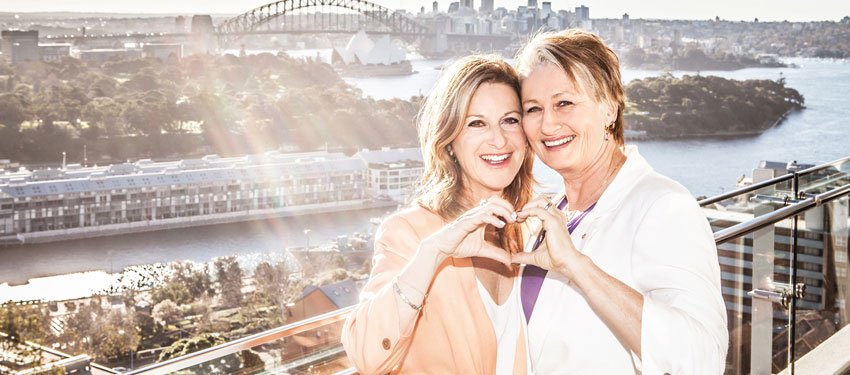
IN February 1998, Jackie Stricker got a phone call from a journalist at Sydney newspaper The Sunday Telegraph, who told her they were going to print a story outing her and her wife Kerryn Phelps as gay.
Stricker, a school teacher, had just returned from New York where she and Phelps had married. The journalist’s interest was primarily in Phelps — she was a doctor with very public media profile, making regular appearances on television and radio and writing regular newspaper and magazine columns.
“The papers came looking for a Mardi Gras story, as they do every year,” Stricker said.
“They found where we lived and said that they were going to run the story anyway, with or without our input. I said to them, ‘well how do you know you’ve got it right,’ and they said, ‘we don’t, but we’re going to run it unless you give us an interview’.”
Phelps, who had been writing a column for The Daily Telegraph for some years by that stage, asked the newspaper not to publish, but they refused.
The couple had always planned on coming out and advocating publicly for LGBTI issues — Phelps said she had been working “under the radar” to support the LGBTI community for some time — but the newspaper’s investigations accelerated that timeline beyond their control. Timing was important, as Phelps and Stricker had teenage children and jobs that could be affected by the news.
At the time, the two didn’t see eye to eye on how to respond.
“I have to say, when I heard the journalists were coming our way my first instinct was to run for cover, because I wanted to be able to rationally and logically plan whatever it was we were going to do to get involved in LGBT issues in a more public way,” Phelps said.
Stricker disagreed.
“I said that it was about time that somebody spoke up,” she said.
“I’d been teaching for 23 years, and I believed that it was very important for young people to see that there was actually a life they could have that was absolutely normal, and to have some people up there as examples of that. I didn’t want to hide. I wanted to talk about it.”
And so, the decision was made — The Sunday Telegraph’s page-three headline on February 22, 1998 was “Sydney TV doctor weds her girlfriend”.
That was 17 years ago.
Just two years later, Phelps was elected president of the Australian Medical Association, becoming the first woman and the first LGBTI person to fill the role. In 2011 she was made a Member of the Order of Australia.
The two don’t think it would happen the same way today.
“I think the media’s a bit more grown up now,” said Phelps, recalling the sensationalist tone of those early articles.
“They referred to me as ‘the lesbian TV doctor’ for a couple of years after that.”
Stricker agreed: “They used to use the word ‘wife’ in inverted commas all the time, and ‘marriage’ in inverted commas.”
While a tabloid headline was a dramatic way for their sexuality to be announced to the world, Phelps and Stricker had both come out to family and close friends long before that public revelation.
However, their experiences doing so were worlds apart.
“I actually thought that I might be gay, and I was talking to my father and I didn’t say it but he actually said it for me,” Stricker recalled.
“He said, ‘look I think you’re more attracted to girls,’ and I said, ‘oh, really?’ That was my coming out. It really wasn’t terribly dramatic.”
Stricker had been 19 when she came out for the first time, but Phelps was in her 30s, had two children, and was married to a man.
“He’d been my boyfriend from 15, and there was a natural progression from dating to getting engaged to getting married to having kids and then I got to my 30s and realised that wasn’t where I was supposed to be and it just didn’t feel right to me, and I left the marriage,” Phelps said.
“My parents didn’t react well. That wasn’t what they had in mind for me at all.”
Given Phelps’ two quite dramatic coming out experiences, public and private, she has strong feelings about the issue. She ruffled some feathers with an opinion piece in The Age shortly after Ian Thorpe came out in a widely-watched and well-paid interview with Michael Parkinson, where she argued Thorpe had benefited from lying about his sexuality.
“He got paid to write a book denying he was gay, and then he got paid to do an interview saying he was. That to me was what jarred,” Phelps explained.
“We made a conscious decision not to accept any money for any interviews we did about coming out.”
While Phelps and Stricker were on the same page about that, their views now diverge somewhat on what it means for an individual to come out or not. For Stricker, coming out has a clear social imperative.
“People have an obligation to themselves, to their family, to societies as a whole to be honest about who they are, and if they all just did it, it would stop being such an issue because there are so many people out there who hide it,” she said.
“My opinion is that they are holding the whole process back. It should be not even a situation that people want to write stories about. It’s the hiding that creates a problem.”
Phelps interjected, arguing for the need to understand and respect individual circumstance, but Stricker said people have a responsibility to come out even if cultural difference makes the decision to do so harder.
“I guess that if they’re going to stay with their families and they want family approval, and their family is culturally anti-gay, then they have to choose between their family and moving somewhere else and having the life they want to have,” Stricker argued.
“A lot of our friends don’t have anything to do with their families for those reasons, because culturally their families don’t approve.”
Stricker and Phelps both said that even under such difficult circumstances, coming out is a choice between authenticity and inauthenticity.
“That is a very painful choice for a lot of people, because you like to think you can have it all, but sometimes you can’t. Sometimes you have to choose authenticity, or not,” Phelps said.
“There are lots of people who get forced into marriages of convenience because it looks better to their family.”
Stricker continued: “That’s their choice, they can live an unhappy life like that or not. You can’t make someone do it, but they choose to have a relationship and their parents or family don’t agree and say, ‘never darken my doorstep again,’ well that’s a choice they have to make.
“I was lucky enough to have it all and Kerryn wasn’t. You just accept that and move on.”
___________________
**This article was first published in the April edition of the Star Observer, which is available to read in digital flip-book format. To obtain a physical copy, click here to find out where you can grab one in Melbourne, Sydney, Brisbane, Adelaide, Canberra and select regional/coastal areas.



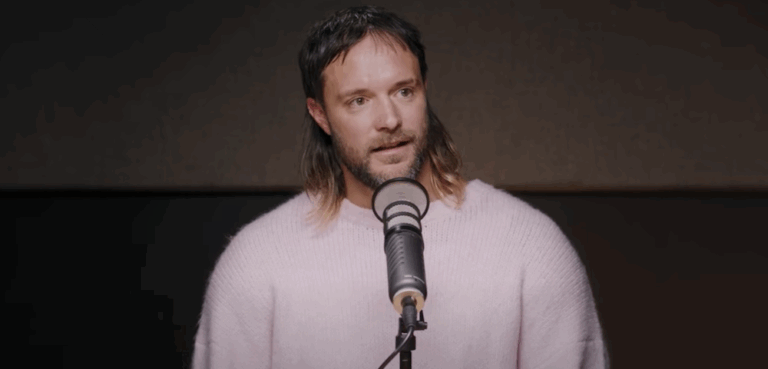
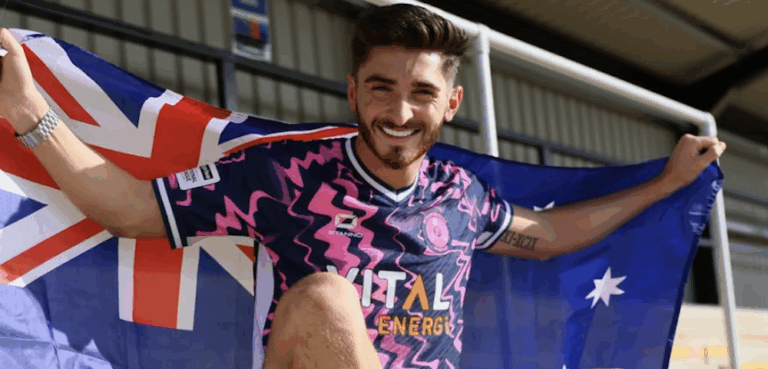

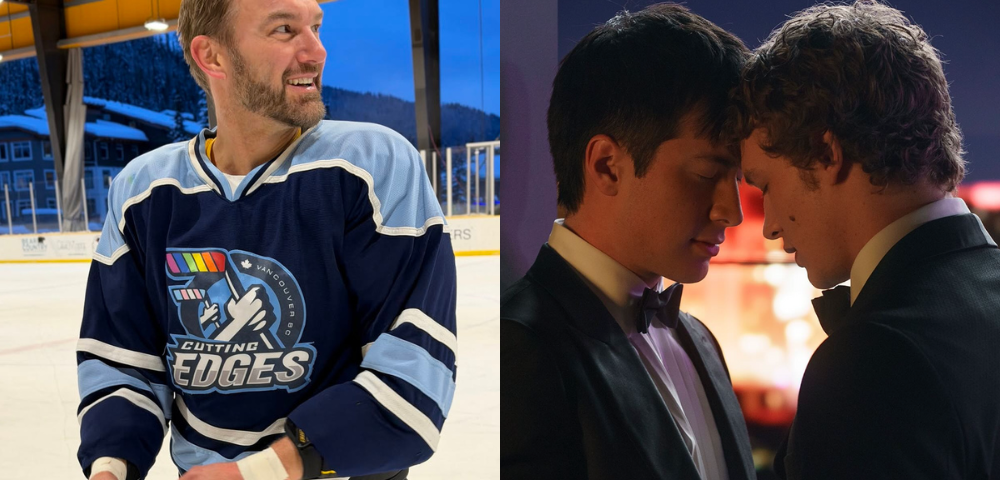



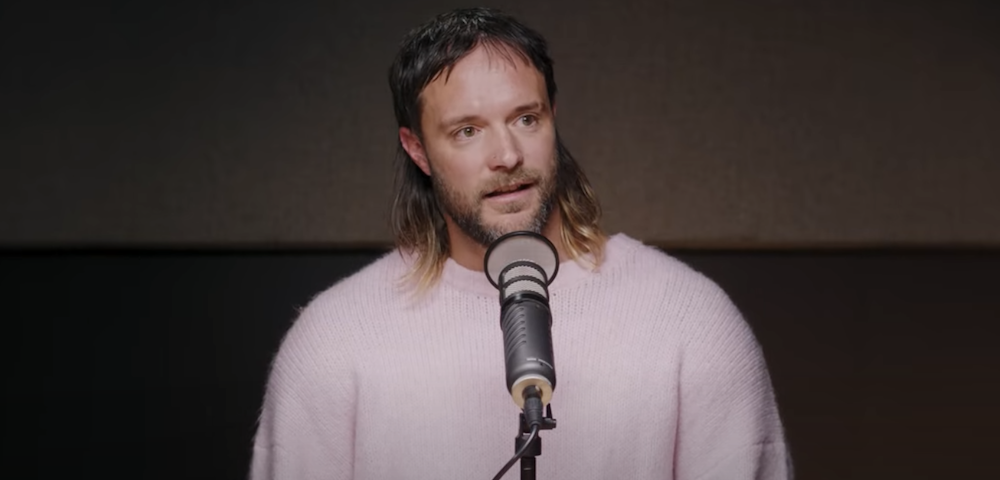
The more visibility, the better.
Yes if you are a public figure. Otherwise no.
Trans people are outed just by being part of society.
At work if one needs a police check we have to put in our AKA on the form the bosses view!
Police have our AKA on the computer next to our current name anytime they look us up!
We have no choice about this no one wants to know or cares about it.
#gogirls
In an ideal world, however its not and people have the right to be discreet about their love life.
What a ridiculous question!
It’s no ones business, people should be able to come out if they wish to do so and not because they are pressured
it is no-one’s journey but our own. We come out when it is the right time for us. However, if someone is anti-gay and homophobic in public, then they deserve to be outed if they are gay themselves
I long for the day when people will not be judged about what they should or shouldn’t have done in a relationship – as a heterosexual person it’s considered strange if you don’t talk about the love you share with a significant other and yet, still now as a non-het person, if you do share your love, your relationship is a political issue and so far removed from love that it takes the spark from it. I say, if you love, share if you want or don’t share if you don’t want – no matter who you love. Anyone who wants to make it a political issue out of it can get nicked.
noones business but i always thought she was lesbian anyways n then she came out lol oops
I remember this and I was discusted Kerryn is such a lovely an inspirational women its up to the individual if they chose to come out not be outed she is a wonderful prof and dr c
I was ‘outed’ due to my then partners selfish desire for me to be public to make her life more pleasant. It wasn’t a nice experience. We all deserve the right to come out in our own way and time and on our own terms.
Omg. .. how cute are they.. were they…pioneers ..THANKYOU..
People have the responsibility to decide for themselves when and where and why and to whom they come out to when they’re good and ready.
How can she say that when she only outed herself cos the media was going to do it anyway??? I think ppl should be able to do it in their own time and own way
no, its no ones business, straight people don’t have to come out and publicize there relationships , so why so gays?